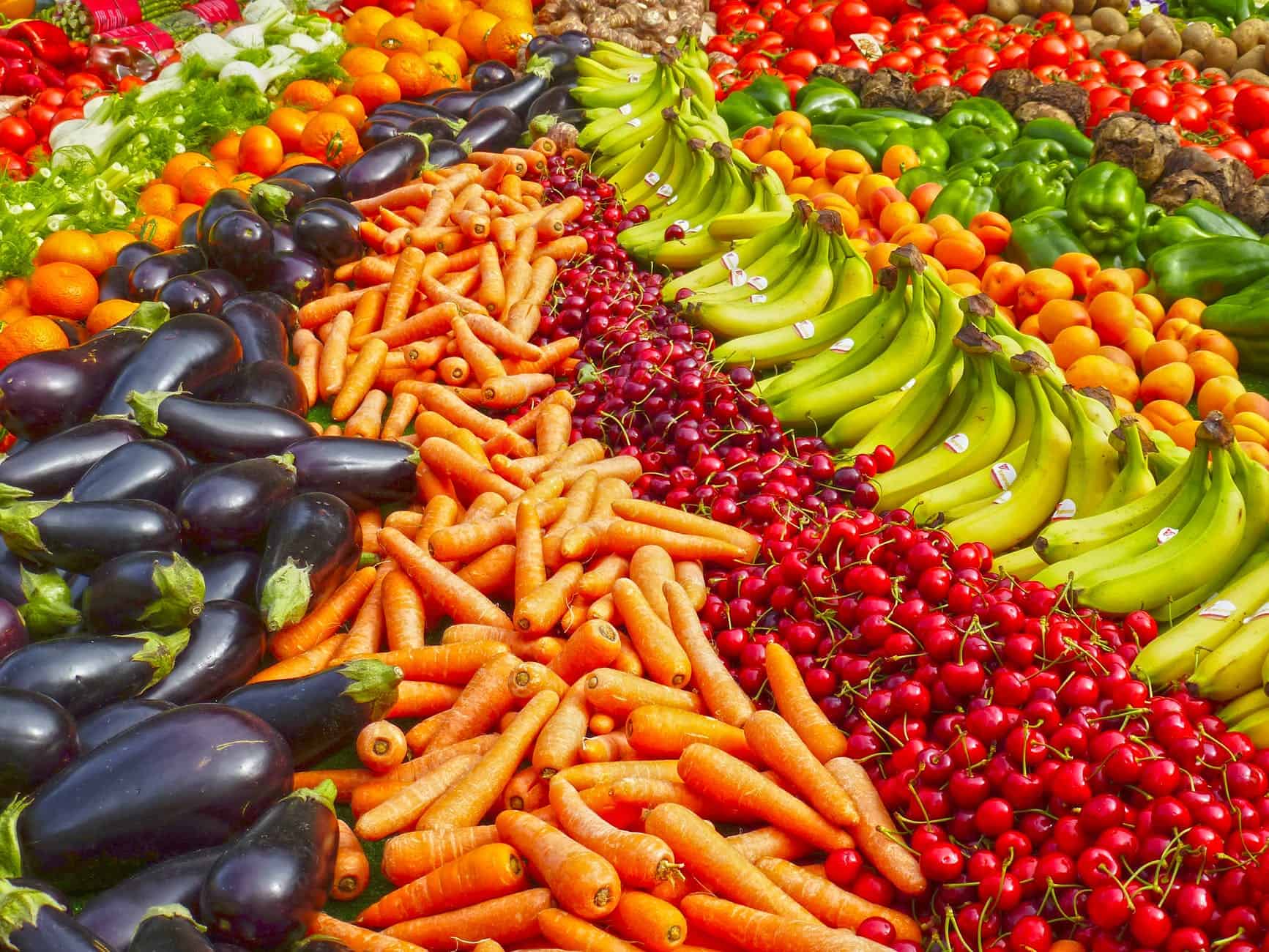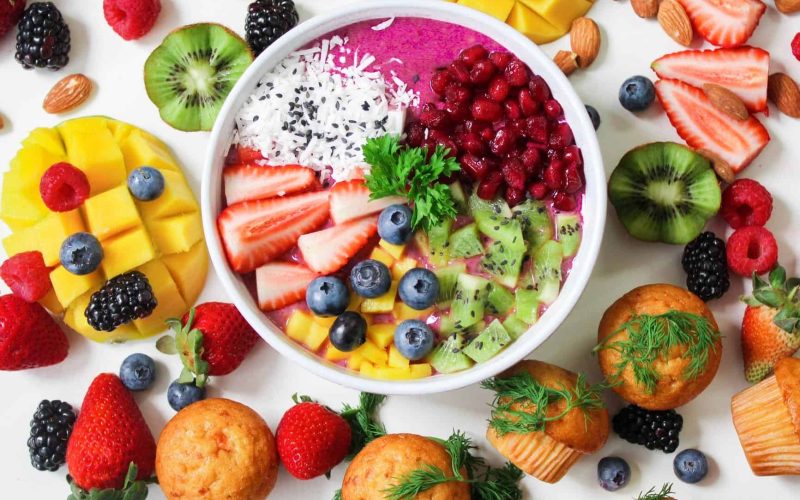Coronary heart disease happens when the main blood vessels in your heart become weakened or diseased. Owing to a build-up of plaque, a form of fatty deposit, these blood vessels or arteries narrow or harden.
Coronary heart disease symptoms can differ from person to person. Some people have no symptoms whatsoever. This may involve pain described as tightness, burning, or heaviness around the chest when symptoms arise.
Some coronary heart disease signs include:
- Sweating
- Cramps
- Nausea and sickness
- Breath shortages
There’s no cure for this illness, but the condition can be treated, and the quality of your life improved. Proper nutrition is one way that symptoms can be treated. This means eating foods of some kinds and avoiding others.
Why eat a healthy diet with coronary heart disease?
Coronary heart disease, hence the value of consuming a balanced diet, will progressively get worse. A plaque accumulation in your arteries will decrease the flow of blood to your heart. It is this blood flow loss that triggers symptoms such as chest pain and shortness of breath.
Coronary heart disease can result in a heart attack or sudden cardiac arrest if left untreated. Both of these scenarios can be life-threatening.
Medicines may protect against complications that are severe. A beta-blocker can be administered by your doctor to lower your blood pressure, as well as medicine, to expand your arteries and increase blood flow.
Foods to eat with coronary heart disease?
Changes to your diet will lead to better results, in addition to medication. In your diet, strive to include the following:
Fresh fruits and vegetables

It can strengthen heart disease and help avoid a heart attack and sudden cardiac arrest by increasing your consumption of plant-based food.
A healthy amount of vitamins and nutrients are found in all fruits and vegetables, leading to heart health. Plus, most fruits are low in calories, which will help you keep your weight safe. Since they are also a great source of fibre, lower cholesterol levels are improved by fruits and vegetables and protect the heart.
Eat a large variety of fruits and vegetables that are fresh or frozen. If fresh choices can’t be consumed, use low-sodium canned vegetables. To extract excess salt, you can also drain liquid from cans and rinse off the vegetables before cooking.
Eat only fresh fruits made into juice or smoothie. Do not eat those containing more sugar and a higher calorie count in heavy syrup.
1/2 to 2 cups of fruit and 1/2 to 3 cups of vegetables a day can be consumed by adult men and women.
Whole grains
It may also lead to heart health and reduce the harmful effects of coronary heart disease by consuming whole grains. Whole grains are nutrient-packed and an excellent source of fibre, much like fruits and vegetables.
They will help control your level of cholesterol and blood pressure because of this.
Good decisions include:
- 100% whole-grain bread
- Cereals with high-fibre material
- Blue rice, brown rice
- Whole-grain Pasta
- Oatmeal
However, white bread, frozen waffles, doughnuts, biscuits, egg noodles, and cornbread are grains that can be reduced or avoided.
Healthy fats
You may assume that all fats are off-limits if you have coronary heart disease. But fat is not all evil.
The reality is it can be beneficial for heart health to consume healthy fats in moderation. Healthy fats can reduce cholesterol and protect against stroke and heart attacks.
These involve fats and polyunsaturated fats that are monosaturated. We find them in:
- Avocados
- Olive oil
- Canola oil
- Flaxseed
- Nuts and seeds
- Cholesterol-lowering margarine
You can also look for dairy products which are fat-free or low-fat. This includes milk, sour cream, yoghurt and cheese.
Lean protein
Protein consumption also adds to the overall wellbeing. Be selective, however, and choose proteins which are low in fat.
Safe choices include fish varieties that are high in omega-3 fatty acids that support lower levels of cholesterol and triglycerides. This involves seafood from salmon, herring, and other cold water.
Some safe protein sources include:
- Peas and lentils
- Soybeans
- Lean ground meats
- Eggs
- Skinless poultry
What foods should you avoid when you have coronary heart disease?
It’s important to monitor your cholesterol, blood pressure and weight if you have coronary heart disease. Taking these steps will boost your overall health as well.
Stop high-fat and high-sodium foods from doing this. High-fat items that should be avoided include::
- Fried foods
- Processed meat
- Butter
- Gravy
- Non-dairy creamers
- Pastries
- Certain cuts of meat
- Junk foods, like cookies, potato chips, ice cream and pies
Many of the above are also rich in sodium and by leading to high blood pressure, can exacerbate coronary heart disease. Other high-sodium foods which should be avoided include:
- Packaged meals
- Condiments like ketchup and mayonnaise
- Table salt
- Restaurant menu items
Tips for eating healthy with coronary heart disease
There are a few tips while dealing with coronary heart disease to boost your diet and they are:
- Keep conveniently available fruit and vegetables. In your refrigerator, keep fresh fruits and vegetables ready for consumption. Slice them in between meals for a short snack ahead of time.
- Reduce portions of food. You can help to eat fewer calories, fat and sodium by reducing your food portions.
- Cook on herbs. Experiment with distinct types of herbs, spices, and salt-free seasoning blends instead of seasoning your food with table salt. Look for low-salt or reduced-salt alternatives when purchasing canned goods and condiments.
- Read labels for foods. To stop eating too much fat and salt, get into a routine of reading food labels.
The takeaway
Coronary heart disease has no cure, but dietary changes can help lower your blood pressure, cholesterol, and boost your overall health. As a consequence, the risk of complications such as heart attack, stroke or sudden cardiac arrest will be minimized.
Eat a wide range of fruits and vegetables that are fresh or frozen. If fresh choices can’t be consumed, use low-sodium canned vegetables. To extract excess salt, you can also drain liquid from cans and rinse off the vegetables before cooking.
Eat only fresh fruits made into juice or smoothie. Do not eat those containing a lot of sugar and a higher calorie count in syrup. 1 1/2 to 2 cups of fruit and 2 1/2 to 3 cups of vegetables a day can be consumed by adult men and women.








